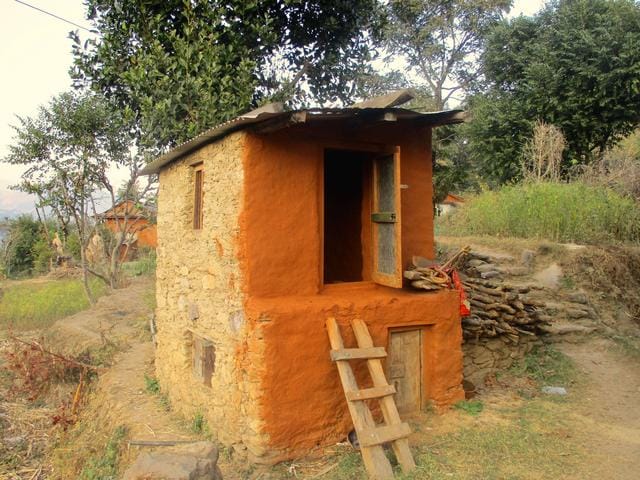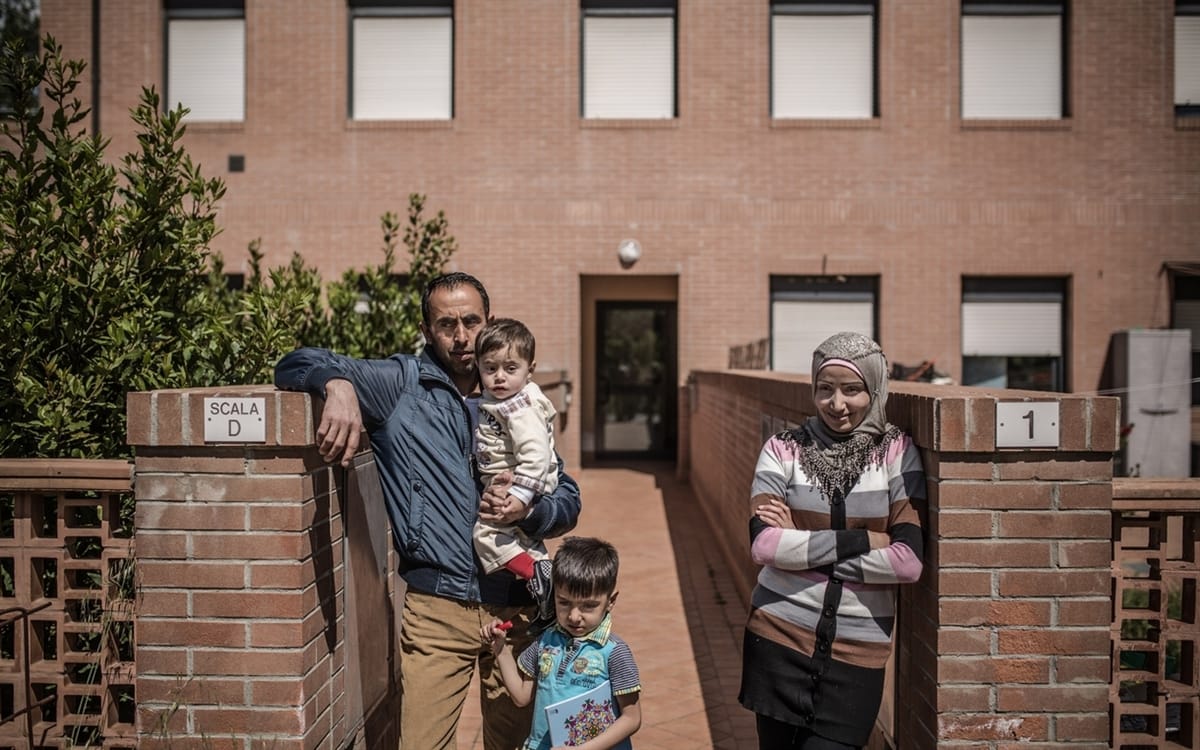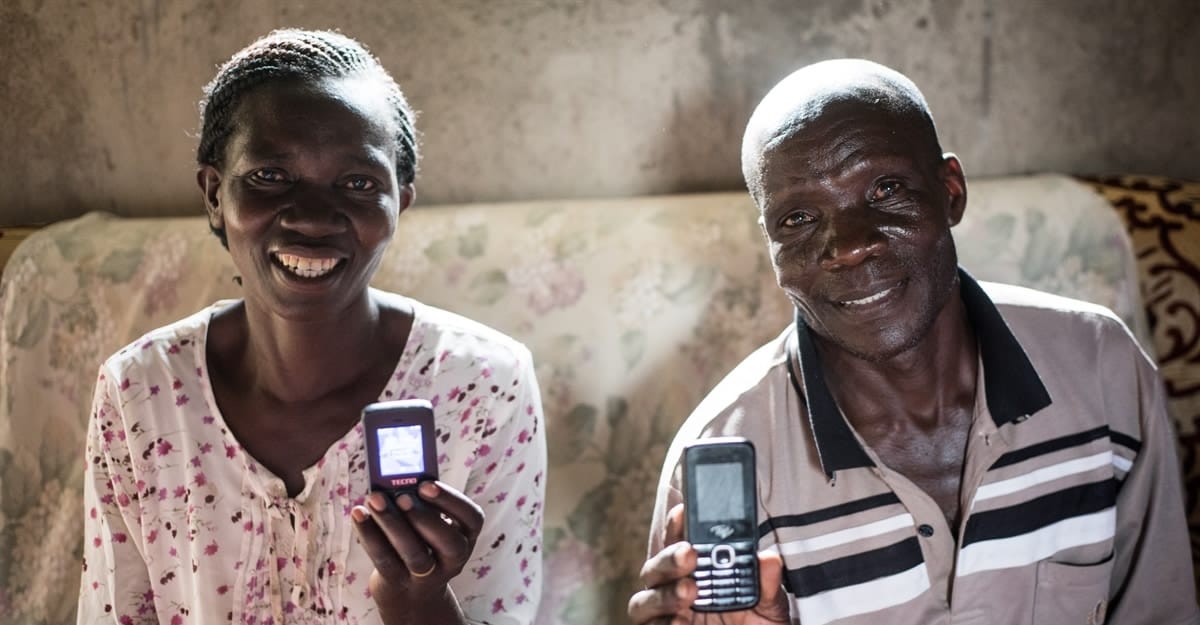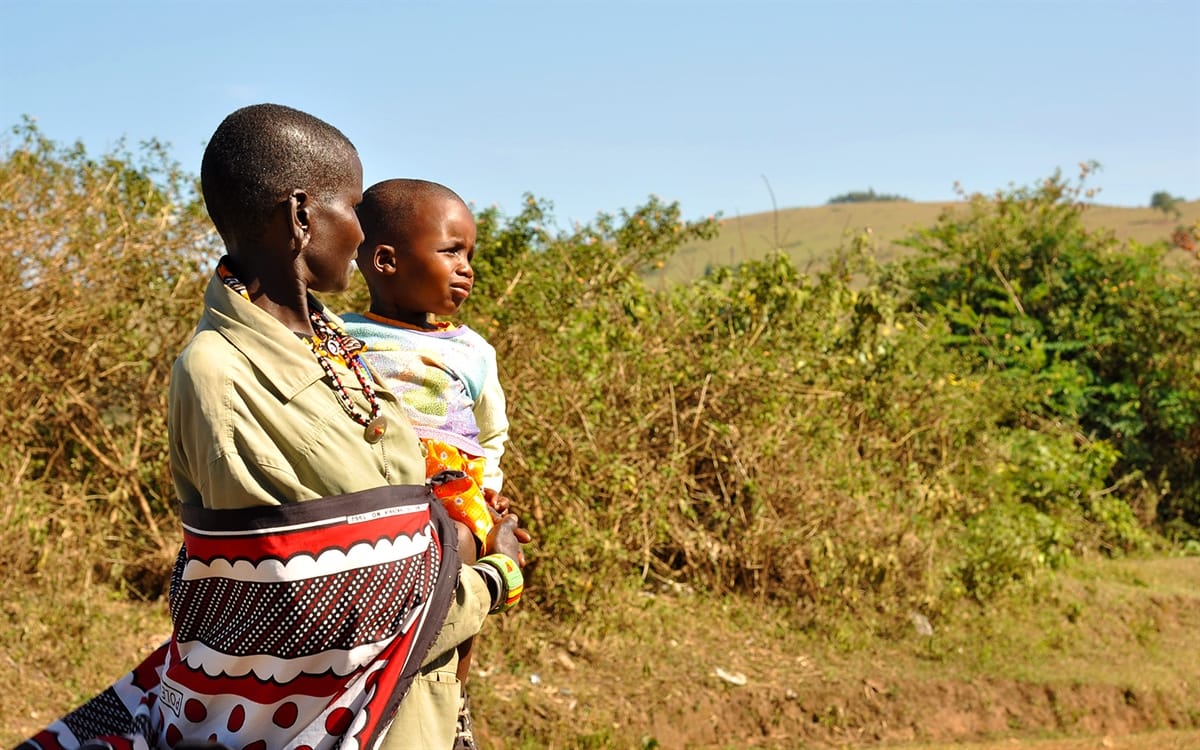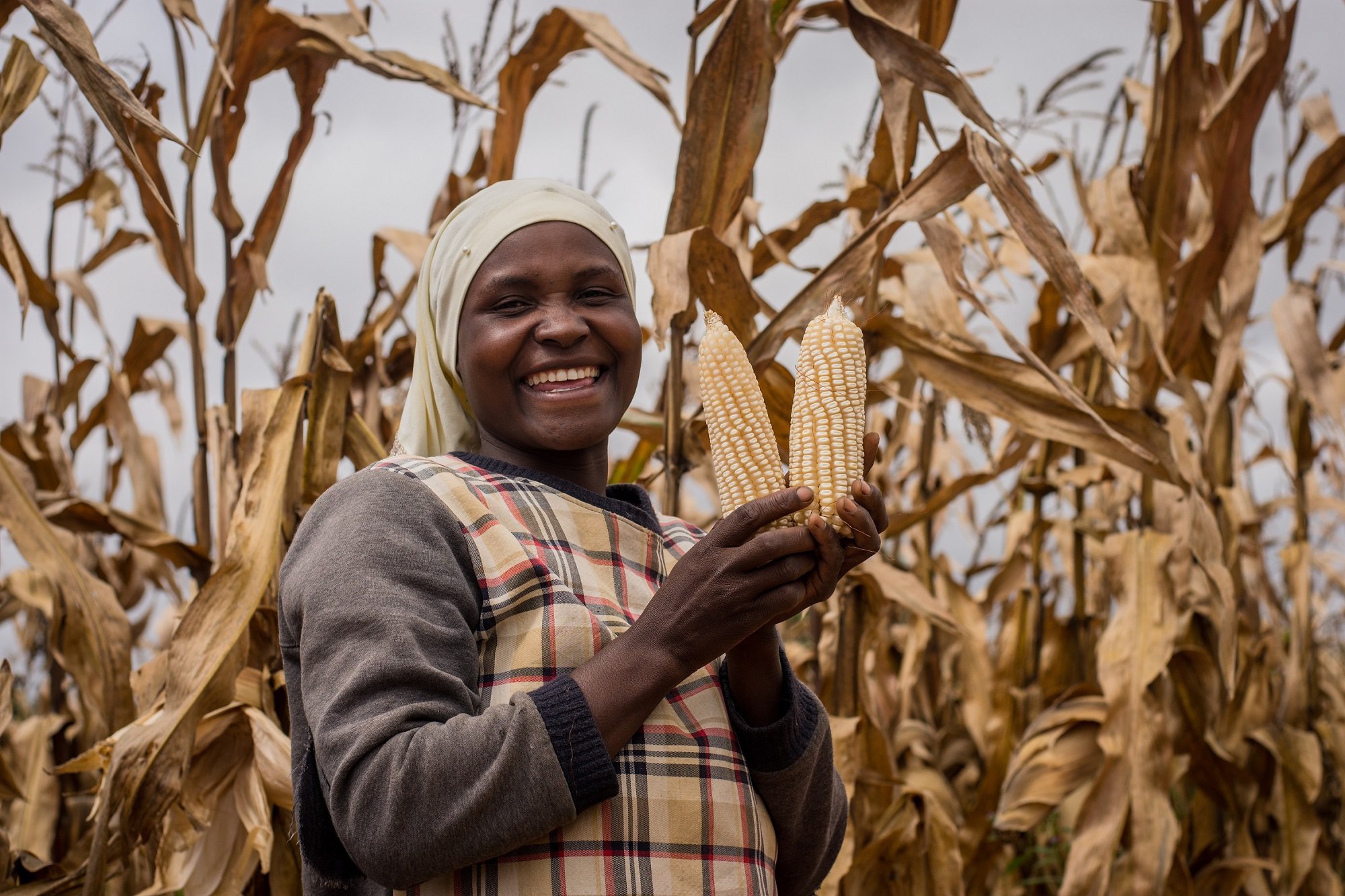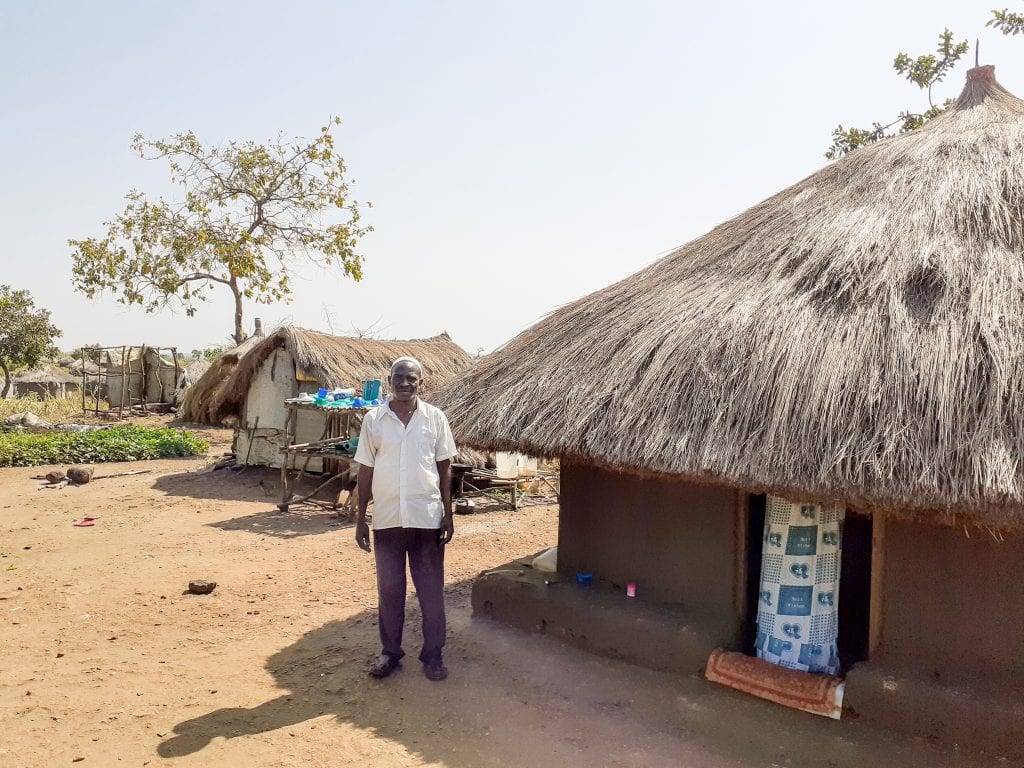by Subeskha Poudel, Partnerships Manager at Possible
Pulling the dhoti up to her ankle, Dambar scrambled inside the chaupadi. A mud house atop a cowshed, today was her third day of menstruation. In the tiny claustrophobic room, her sister-in-law and her young neighbor, also menstruating, had each chosen a corner to sleep. As the moonlight poured in and Dambar tucked her legs between the folds of the blanket, she was determined: “I am not going to stay inside the shed again.”
Associated with notions of impurity, a woman goes on a hiatus for her first four days of menstruation, refraining from entering or touching any sacred space or objects of the
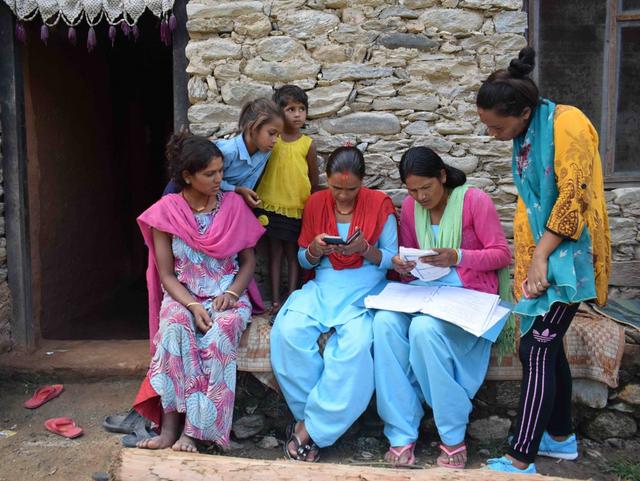
Community Health Workers warn young women of the dangers of living in cold, dark sheds during menstruation.
house – the kitchen, the symbols of Gods and in far west remote Nepal, the house itself. A 4 by 4 feet room in the community is allocated for these occasions. When crowded, the room hosts up to 11 women and on her 4th day, she bathes signifying return to a state of purity and enters her house again.
In attempts to mitigate the profanity, the Government of Nepal has billboards painted with the dangers associated with staying inside the shed; ranging from wild animal attacks to burglars breaking in. Dambar Regmi, 24, a Community Health Worker for Possible questions a group of 15 women who have come together for a session of antenatal care counseling. “What do you like the most about menstruating?” she asks. A ripple of giggles, the young women mutter, “There’s nothing good about it.” Dambar insists and asks if they would continue the tradition once they became mothers themselves. After some uncomfortable silence a lady from the group responds, “It’s the society that decides.”
Unlike other forms of global revolution this one is especially difficult given how one is set against one’s own family. Dambar encourages the women to take a united stance to stop this ritual, to not share when one menstruates, to refuse to stay in the shed. The group fidgets, it is more comfortable to swim with the tide of tradition than to swim against it. There is a soft voice from the group, playing with the ends of her shawl she stares at the floor and says, “It really isn’t a bad omen, it’s something natural. Just keep yourself clean and keep your periods a secret.”
Breaking the stereotypical role of women in rural Nepal, Possible employs a cadre of 42 Community Health Workers. Integrating care between hospital and home, they have provided comprehensive healthcare to more than 500,000 patients till date. “It’s very encouraging to know that everybody in the village knows you, to have their trust that you cure them,” says Dambar.

Possible’s Community Health Worker Radhika has a group pediatric session.
Mitigating the gender power gap, Community Health Workers like Dambar act as the catalysts for social change. Within the last five weeks, two women lost their lives while staying inside the shed in the catchment area where Possible works. Despite prohibition of chaupadi by the Government of Nepal in 2005 and despite the recent criminalisation of the practise (the new law stipulates a three-month jail sentence or USD 30 fine, or both, for anyone forcing a woman to follow the custom and will be implemented August 2018 onwards) actual eradication of this deeply embedded menstrual taboo still has a long way to go.
Chandra*, an expecting mother, opens up after the antenatal care session, “I understand there isn’t any rational behind isolation during menstruation. But strange enough, I’ve seen cattle die, family members fall ill and other misfortunes befall families that don’t abide by the rules. For the sake of my children and my husband I’m hesitant to not practice chaupadi.” This gendered violence isn’t limited to remote Nepal. Even in the capital city there are ‘etiquettes’ for menstruating women. “God created me this way – I menstruate. I don’t understand why somebody else would find it unacceptable if I entered a temple or prayed to my God when I’m menstruating, says Shikha Pant, a participant in a rally in Kathmandu, condemning the recent deaths from chaupadi.
When the newly married Dambar menstruated next, she kept it to herself. Together with the support of her husband, they fended off accusations from the family and neighborhood. Bringing healthcare closer to homes with Possible for the last two years, Dambar is today bringing a revolution to comprehensive care in her own determined ways.
Possible is a nonprofit healthcare organization that partners directly with the Government of Nepal to deliver free, comprehensive healthcare to underserved communities in Nepal. We build integrated, adaptive systems to deliver healthcare which meets the needs of each local community.
* Name changed upon request.
